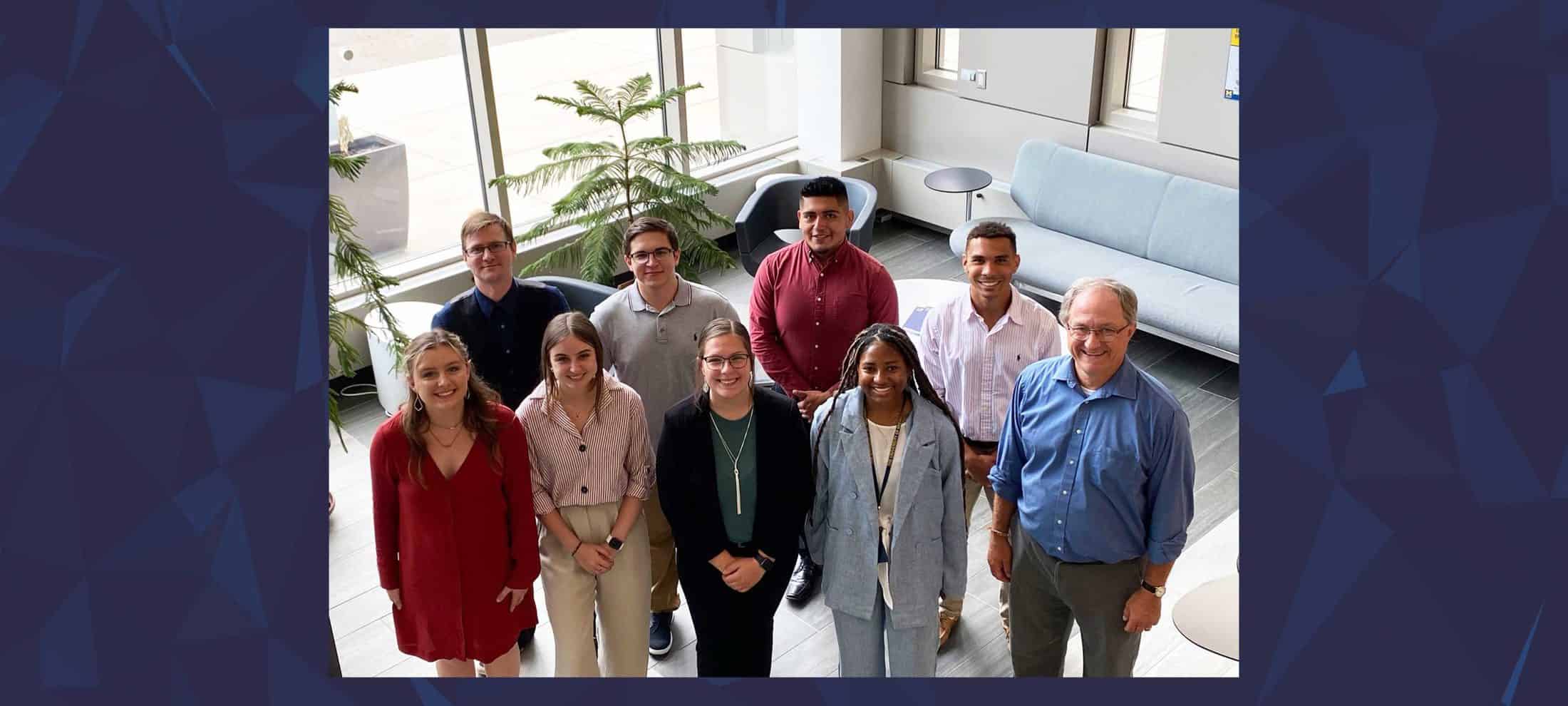
CLASP REU program back for 2022
The Climate & Space summer Research Experience for Undergraduates (REU) site program is funded by a grant from the National Science Foundation.

The Climate & Space summer Research Experience for Undergraduates (REU) site program is funded by a grant from the National Science Foundation.
The Climate & Space department’s annual summer Research Experience for Undergraduates (REU) site program entitled: Program in Climate and Space Science Observation (PICASSO), is back on for 2022 and the application page is open: https://clasp.engin.umich.edu/academics/undergraduate-research/reu-clasp/
*Note: Application period closes: January 31, 2022 (5 pm EST)
Funded by the National Science Foundation, PICASSO is open to students from any academic discipline who are interested in exploring a potential career in the STEM fields of meteorology, climate, and space sciences. PICASSO participants work closely with faculty, research staff, and graduate students to engage in research from a broad range of disciplines, including meteorology, climate science, atmospheric chemistry, space-based remote sensing, space weather, and planetary atmospheres. In addition to the time spent on research, participants also engage in a number of professional development activities, including an introduction to ethics and the responsible conduct of research, Python programming, technical communication, exploration of the graduate school application process, strategies for addressing imposter syndrome, as well as other topics. At the end of the summer program, the students participate in an “End of Program Poster Fair”. The program also provides subsequent funding for the students to present their research at a professional symposium or conference of their choice.
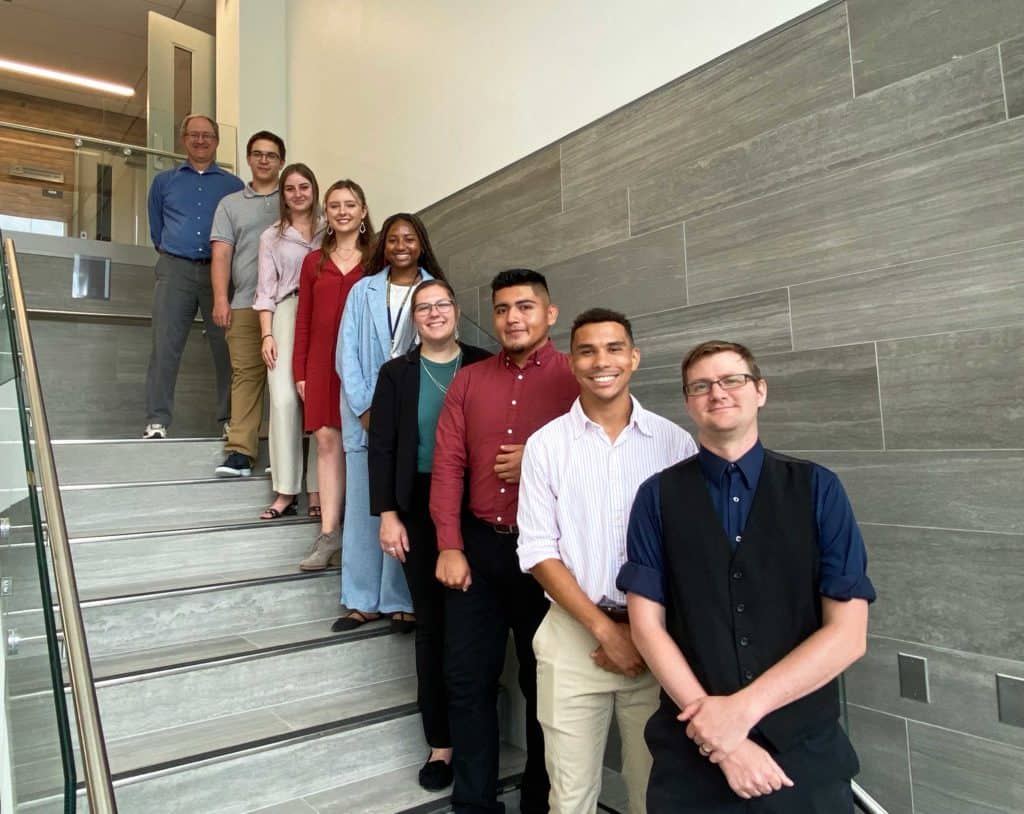
“What the PICASSO program offers,” says site director Dr. Frank Marsik, “is an opportunity for students to explore a research topic that may not be available at their home institution.” A broader impact of the program is providing a research experience to students or groups not traditionally well-represented in the STEM fields. Dr. Marsik notes that education research has shown that a student’s development of a STEM identity is a key contributor to that student’s ability to persevere through challenges, continue their education and eventually transition into a STEM career.
The program takes place during the summer months, when the U-M campus is quieter, and more conducive to the small, team-focused approach offered by PICASSO. Students reside together in U-M housing to help foster a dynamic peer environment. “A big part of the program is to facilitate community-building within the cohort,” says Dr. Marsik. “Our goal is to create a safe and inclusive space for these students to learn and grow and be supported.”
The program has no shortage of interested candidates. Each year, the PICASSO program receives about 120 applications for eight slots. With a goal of developing a cohort that reflects diversity if all its forms, Dr. Marsik is busily reviewing submissions during the month of February. “We get a lot of really great applicants from across the country and it’s always a pleasure to read their stories. I wish we could find a spot for every applicant, but that is simply not possible.” Ultimately, the development of each summer’s cohort comes down to finding the right mix of student interests, research area match, and how the experience will positively impact the student’s future. Dr. Marsik says “We want to ensure that everyone in the program gets the most out of it, personally, academically, and eventually, professionally.”
In 2020, the ongoing COVID-19 pandemic almost derailed the PICASSO program. Many REU programs simply didn’t happen during the summer of 2020, while others proceeded in an altered format. “Fortunately,” says Dr. Marsik, “the NSF was flexible and interested in making REU programs work where they could. They afforded us wide latitude and provided key support for helping to make it happen.” Rather than cancelling the 2020 offering, the PICASSO program was one of a number of NSF site programs that transitioned to a virtual format for that summer. With the NSF’s support, the program was able to provide Wi-Fi hotspots to a number of participants to provide consistent, dedicated internet connectivity. Additionally, PICASSO was able to provide stipends to assist with housing, food, and any additional technical requirements that were needed by the participants to allow them to fully participate in the program from their remote locations.
“The NSF really came through for our students, and we are enormously grateful.”
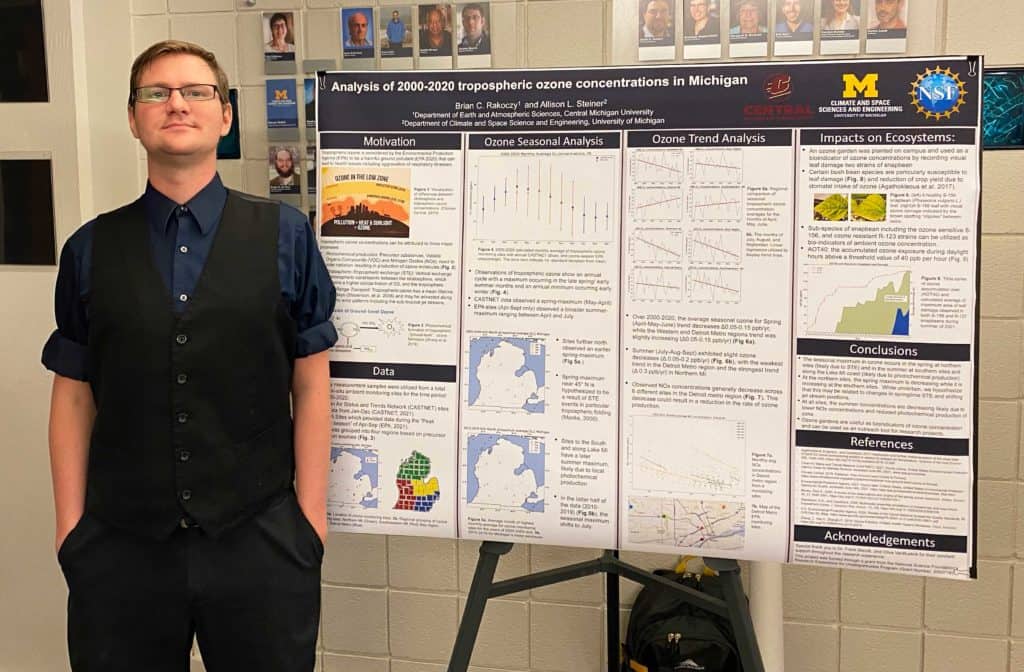
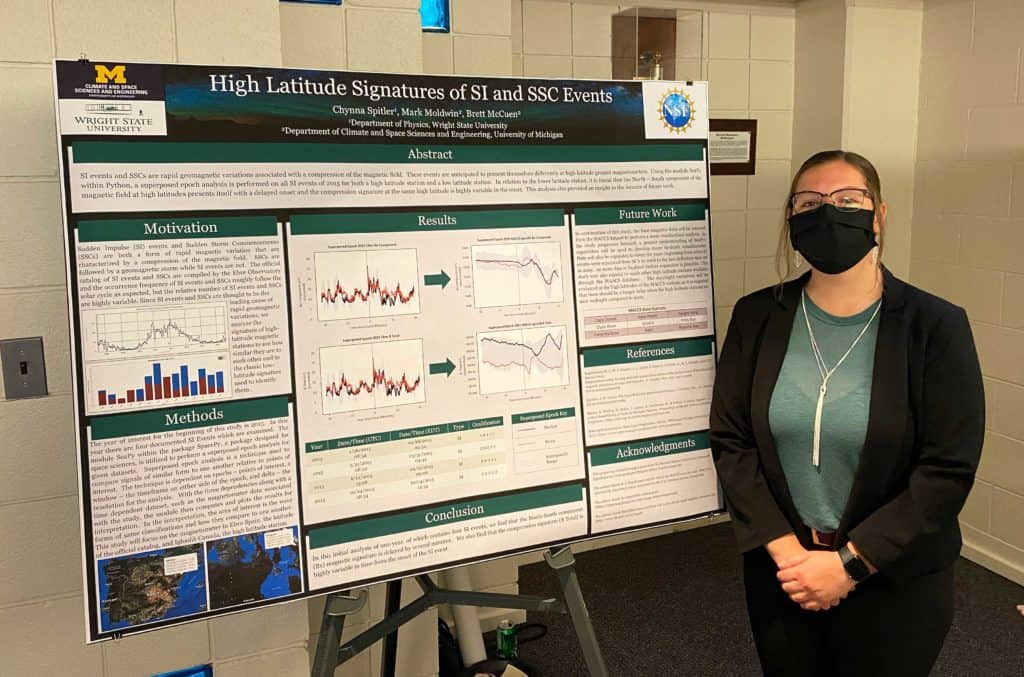
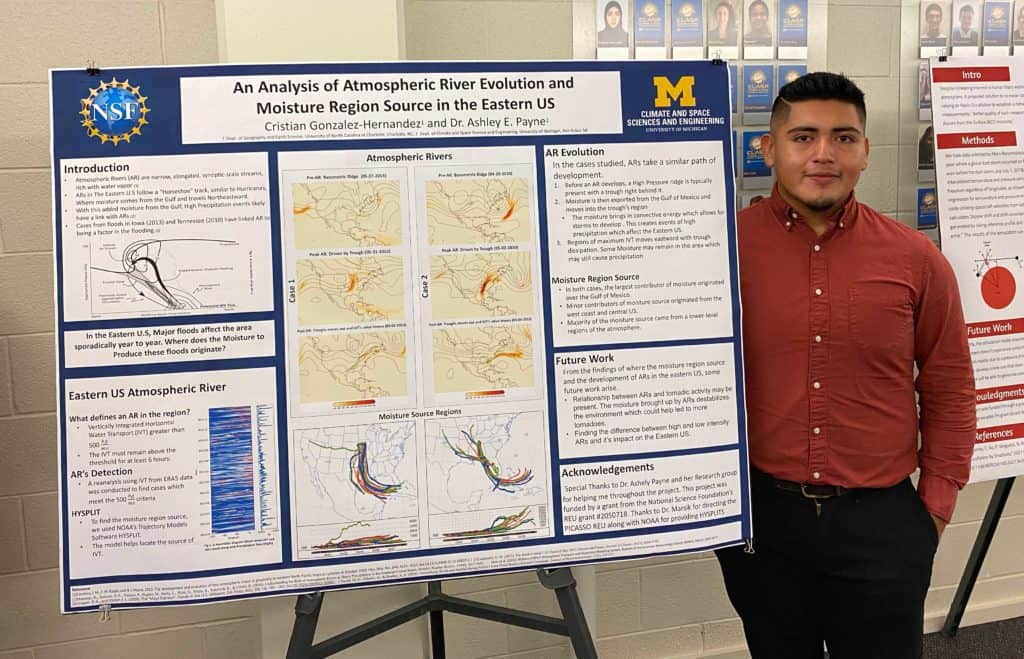
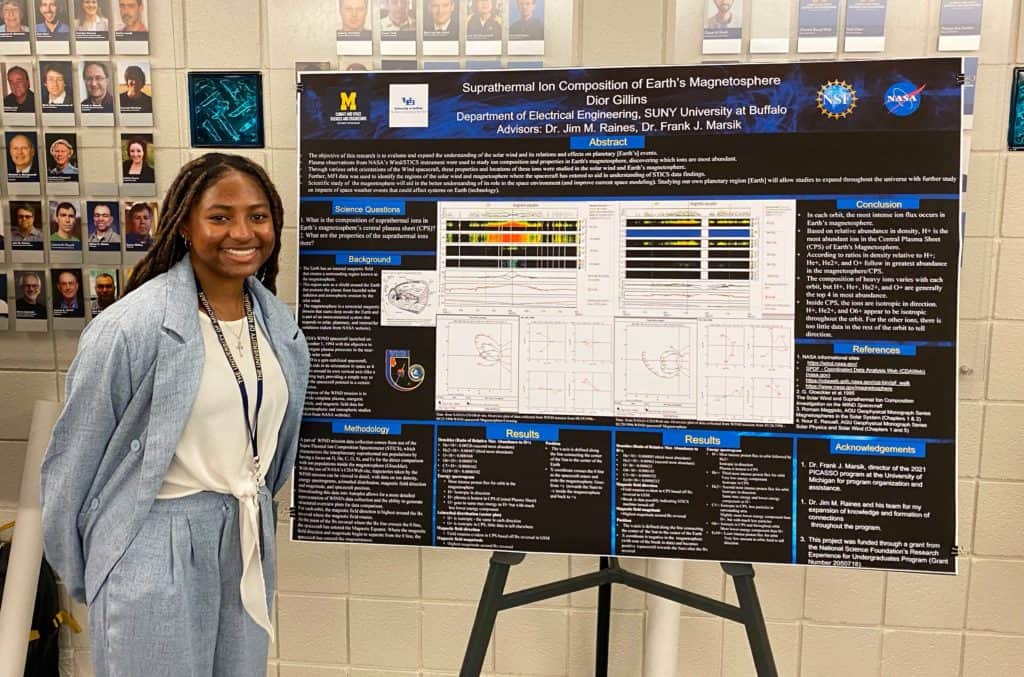
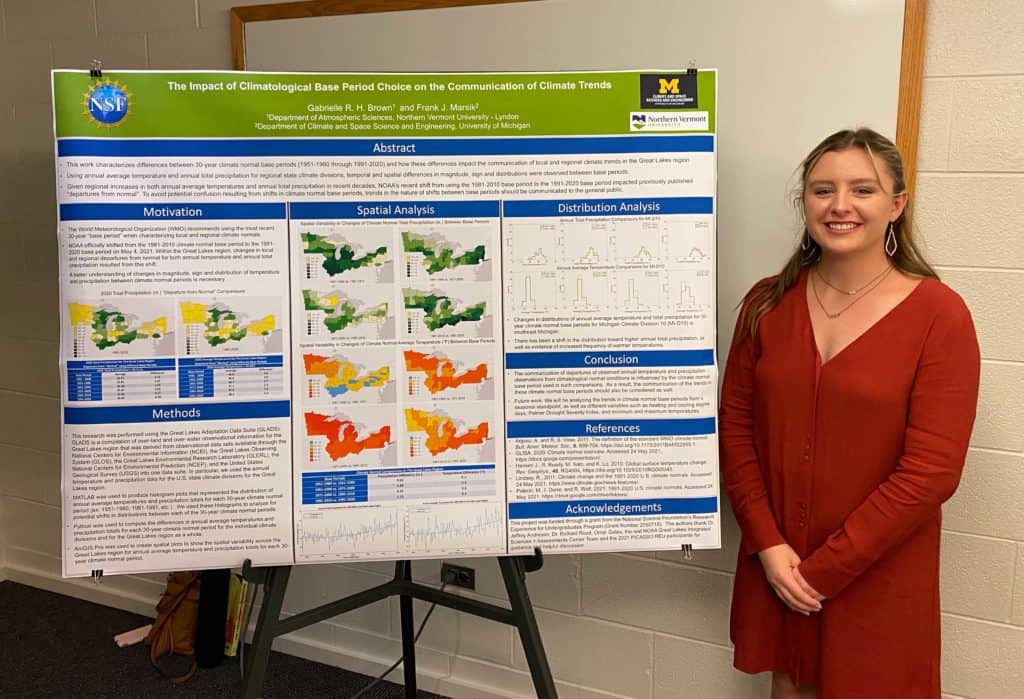
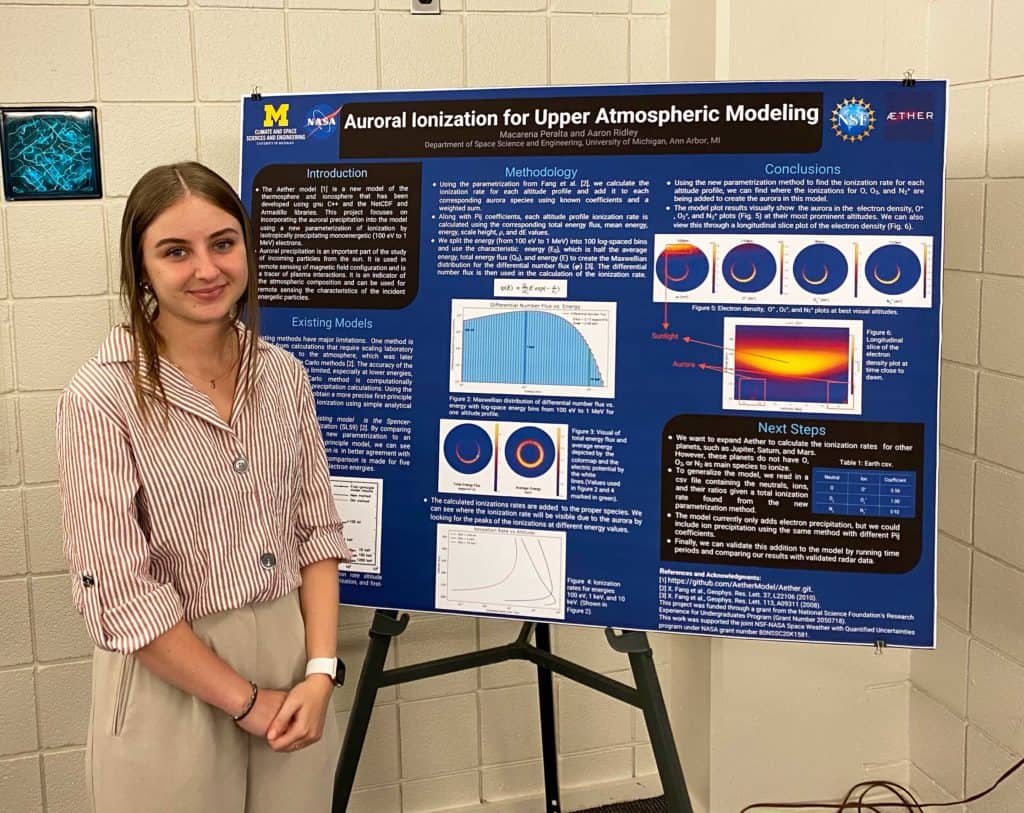
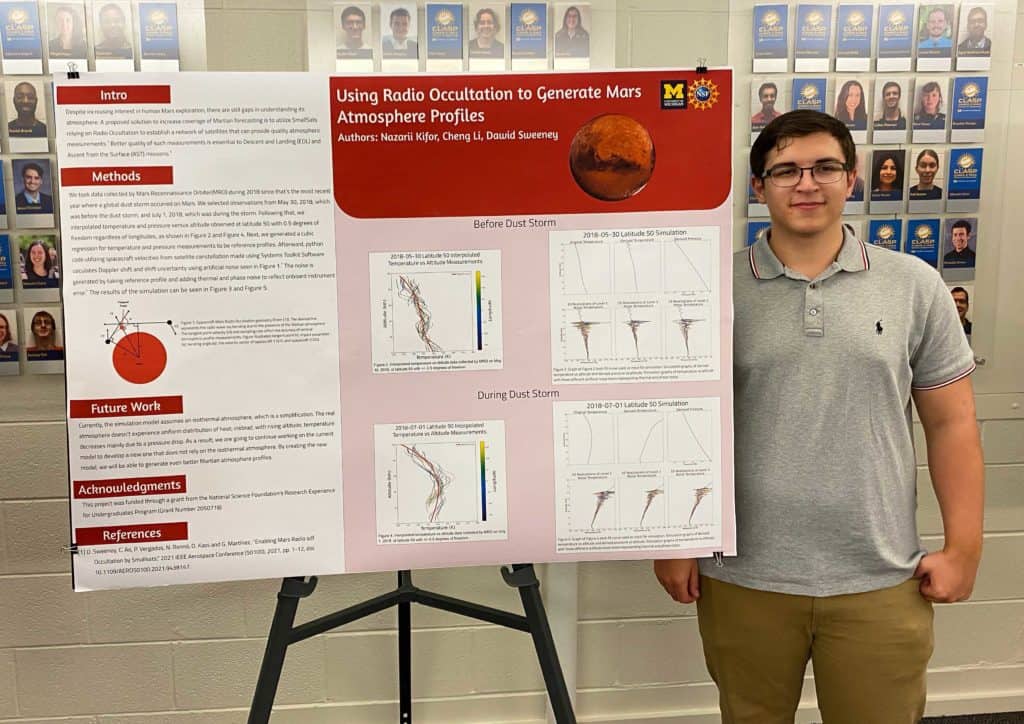
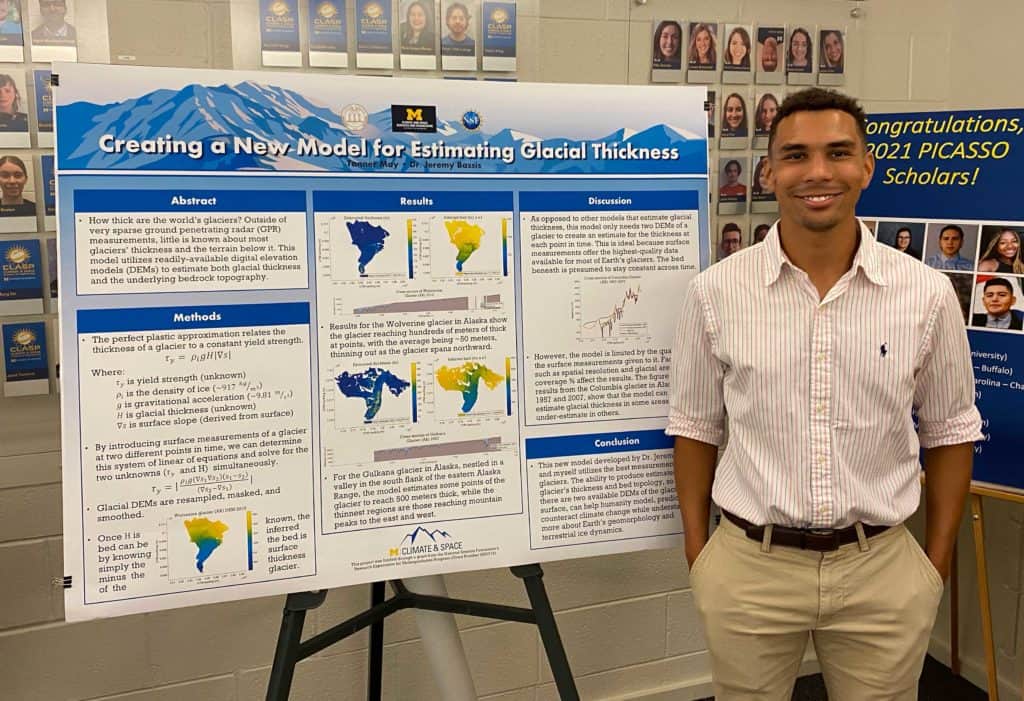
And it wasn’t only the NSF who helped during that challenging time. CLASP faculty also stepped in to help with the program, guiding students through the virtual experience despite their own challenges posed by the pandemic. Understanding the unique challenges that would be faced in developing a welcoming and inclusive community in the virtual environment, the community building activities began well ahead of the actual start of the 2020 offering. “I did a weekly check-on with the students on Slack every Sunday night. We used funny icebreakers to get the ball rolling and start people talking. It was a way of keeping tabs on how they were feeling when we couldn’t have in-person contact.” This past summer, the PICASSO program provided participants a choice of either an in-person or a virtual experience. The current plans are to offer a fully in-person experience for this coming summer.
Dr. Marsik believes that his role as a mentor to program participants is a long-term commitment, not one that ends with the close of the program each summer. Toward that end, the CLASP REU program runs a private Facebook group that allows former and current participants to interact and share information.
“Our hope is that we can help in the creation of the kind of connections and networking opportunities that are so important for a successful career in STEM fields.”